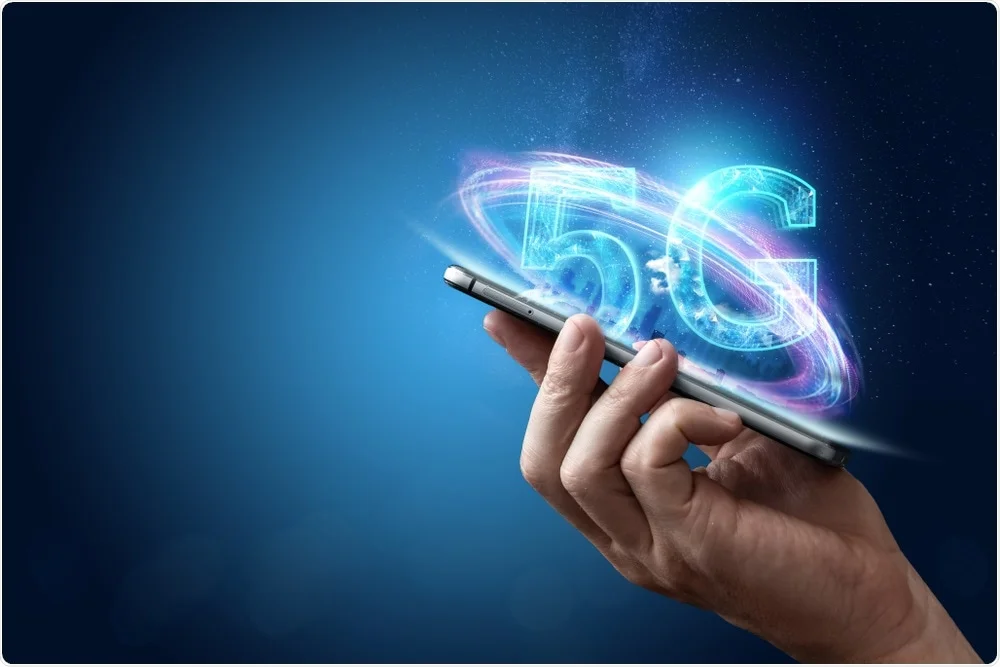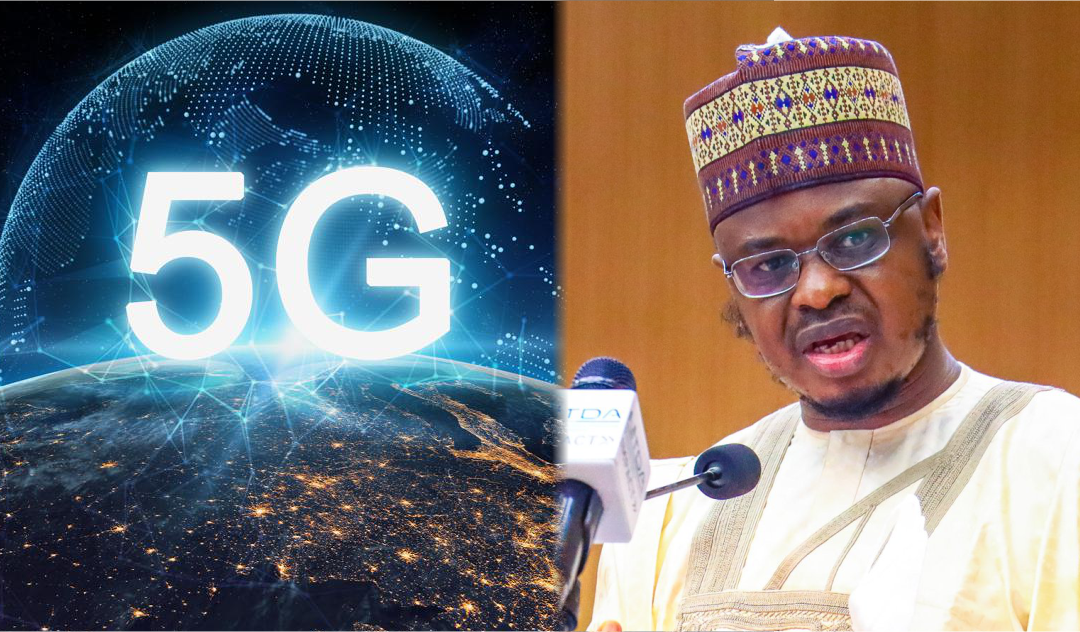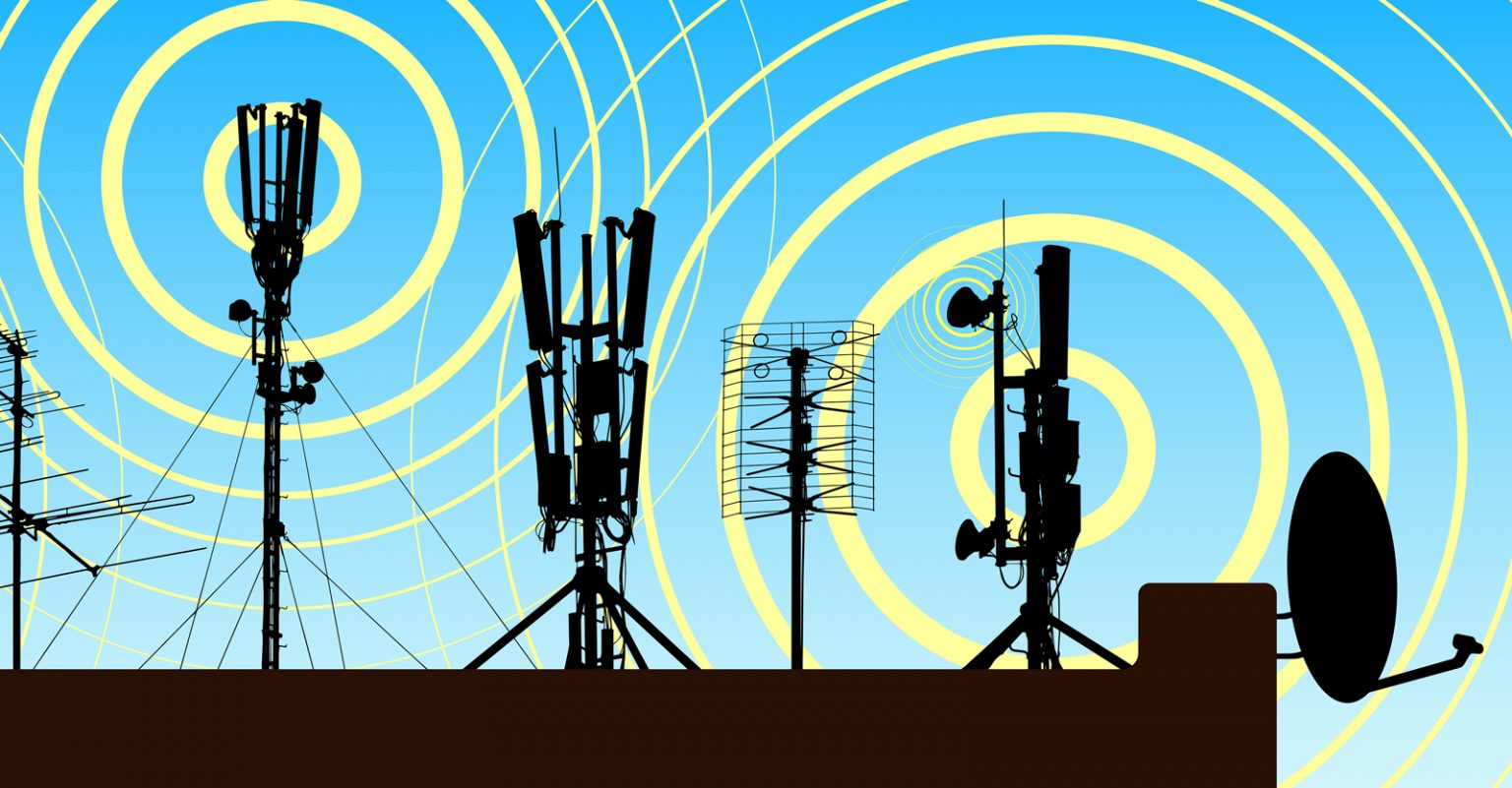The Board of Representatives in Stamford, Connecticut, earlier this month voted to reject a model agreement that would have allowed AT&T and Verizon to install 5G equipment on city-owned utility poles.
In a bid to get 5G swiftly installed in his state, Gov. Ned Lamont’s office created a template contract between the nation’s top two telecommunication carriers and the state’s five major cities.
Stamford, the state’s second-largest city, is the only city so far to have voted against using the contract. Twenty-one representatives voted against the pact. Five were in favor and eight abstained.
The 21 representatives were largely persuaded by presentations by six independent experts on the scientific evidence of harm from radiofrequency (RF) radiation, including 5G, according to a local media report.
The experts, including toxicologist and epidemiologist Devra Davis, Ph.D., MPH, said there were many documented health and environmental impacts of wireless radiation, including brain damage, memory loss, and decline in reproductive function, DNA damage and harm to insects.
READ ALSO: MTN, Airtel invest over N6bn to bring 4G, 5G networks to Nigerians
Davis, founder and president of Environmental Health Trust (EHT), told The Defender, “Confronted with overwhelming, independent scientific information about the real and present dangers of bringing electromagnetic fields closer to humans than ever before, Stamford voted to protect people and their environment.”
Some representatives, like City Rep. Don Mays, worried that rejecting the pact would mean AT&T and Verizon would sue the city. He said at the Oct. 18 meeting, “Until that technology [that emits wireless radiation] changes in the marketplace, we are essentially going to have to accept it.”
A 2018 ruling by the Federal Communications Commission (FCC) blocks states and municipalities from taking actions that would impede or delay the rollout of 5G technology.
However, City Rep. James Grunberger disagreed, saying, “I don’t think we should back away from this because of the threat of a lawsuit … If we have to be a test case on this, we should be a test case.”
During a November meeting, Grunberger affirmed his position. “The federal government does not have guidelines for long-term exposure, so we need to protect our city ourselves, and not succumb to legal threats.”
Similarly, Rep. Sean Boeger said, “I’m just not willing to take a gamble with my four kids living in this city and my constituents’ children living in this city without some type of concrete consensus.”
Neil Sherman, a Stamford resident, said the contract would allow 5G equipment to go up “close to homes and schools without limitation to the number of antennas. They operate 24 hours a day, seven days a week, 365 days a year.”
Scientific studies have repeatedly shown that exposure to RF radiation can cause individual cells in the body to become stressed, leading to DNA damage and disease, according to Brown.
READ ALSO: NCC congratulates MTN over rollout of 5G network in Nigeria
“The longer a cell is stressed,” he said, “the greater the likelihood it may malfunction.”
“You might think that the term stress implies a manageable state and that it’s not a big deal, but let me clarify. Stress weakens the body’s tissues just as stress can cause a bridge to collapse, stress can cause a bone to fracture and also to develop or an organ system to fail.
“When cells undergo stress, unfortunate things can happen. Membranes — which protect the cell and control the cell’s internal environment — can become damaged, causing the cell to lose its ability to function and put [ting] the cell’s life at risk.”
Proteins in the stressed cell can become damaged, he said, adding that Alzheimer’s disease, Lewy body dementia and amyloidosis are all associated with protein denaturation.
Chamberlin, who served on a year-long Land-Use Commission tasked by the state of New Hampshire to investigate the health risks of wireless radiation, pointed this out as well.
Chamberlin said that prior to joining the commission he, a wireless engineer, did not believe that low-level radiation was particularly harmful. “That was the conventional — and is the conventional — wisdom for people working in my field. And it’s a viewpoint that’s routinely reinforced by [the telecom] industry.”
“The primary mechanism by which exposure causes harm are oxidative changes, which can lead to an increase in free radicals. Those free radicals can lead to chronic inflammation and a host of adverse outcomes including:
Brown also said that some have claimed 5G won’t have negative health impacts because it only penetrates a few millimeters into the skin — but “radiation doesn’t need to go deep to cause damage,” he said, adding:
Meanwhile, research indicates that rolling out 5G may especially hurt insects as they are “very inefficient thermo regulators” and “particularly vulnerable to temperature changes,” Levitt said, adding that “What impacts insects impacts us all.”

 Business1 week ago
Business1 week ago
 Football1 week ago
Football1 week ago
 Entertainment6 days ago
Entertainment6 days ago
 Entertainment3 days ago
Entertainment3 days ago
 Business1 week ago
Business1 week ago
 Latest1 week ago
Latest1 week ago
 Comments and Issues6 days ago
Comments and Issues6 days ago
 Business6 days ago
Business6 days ago









